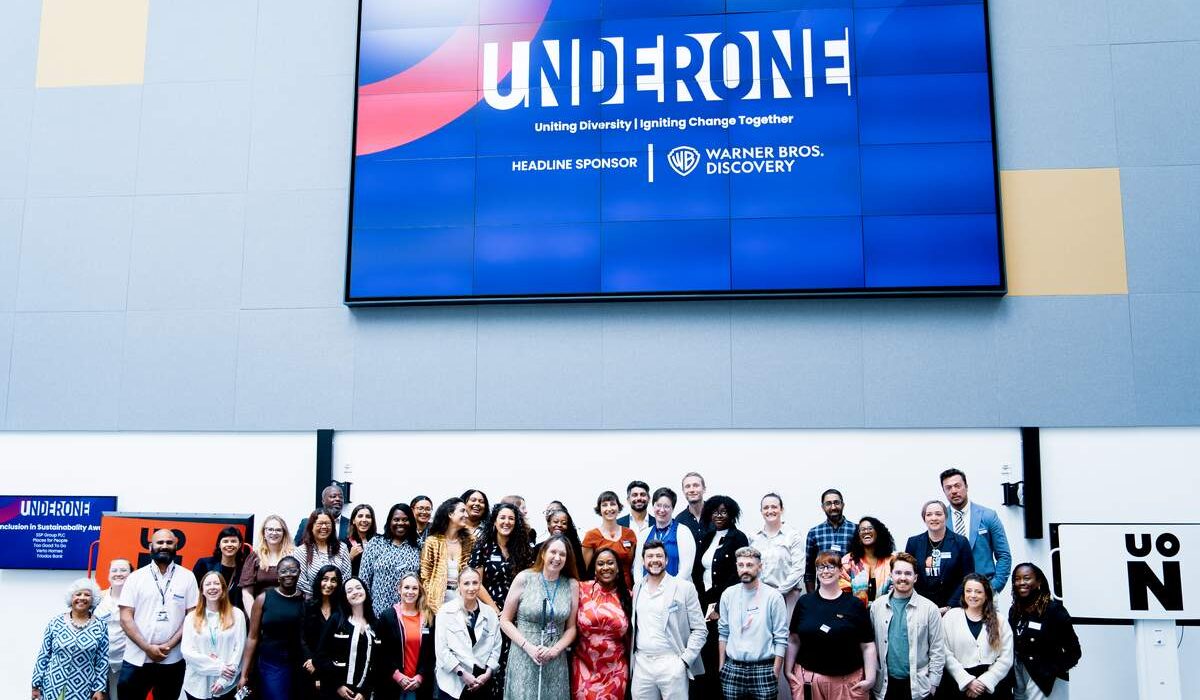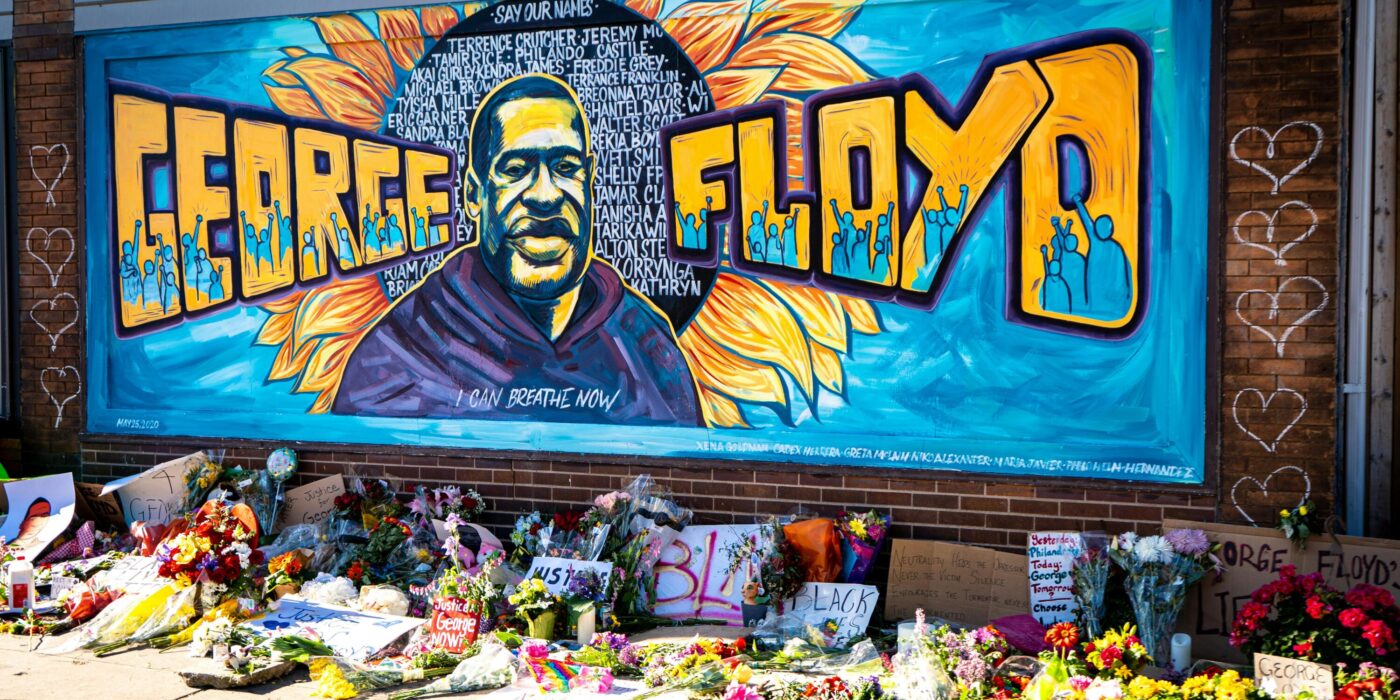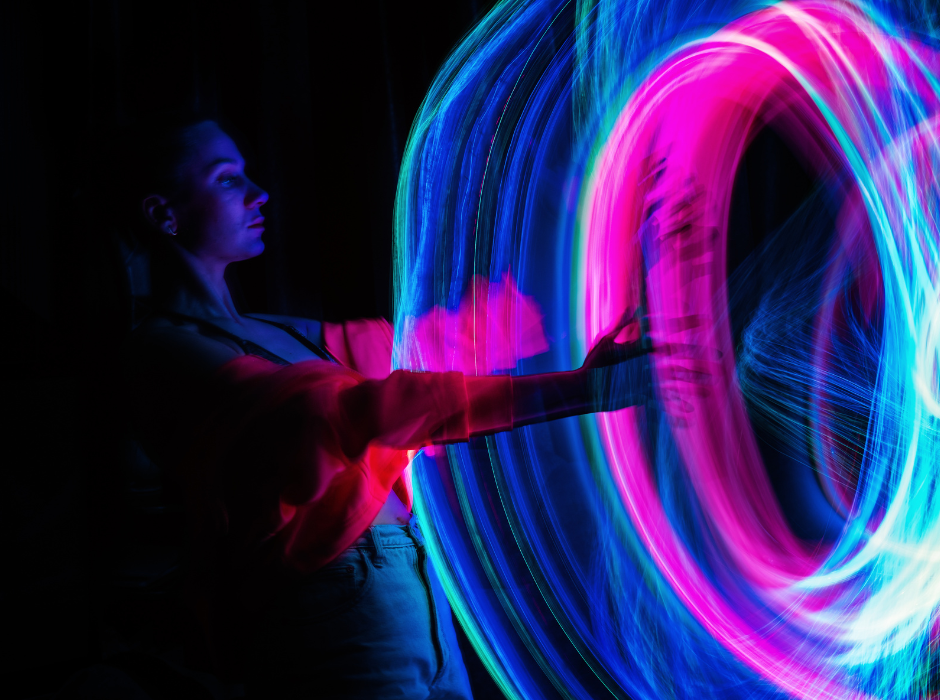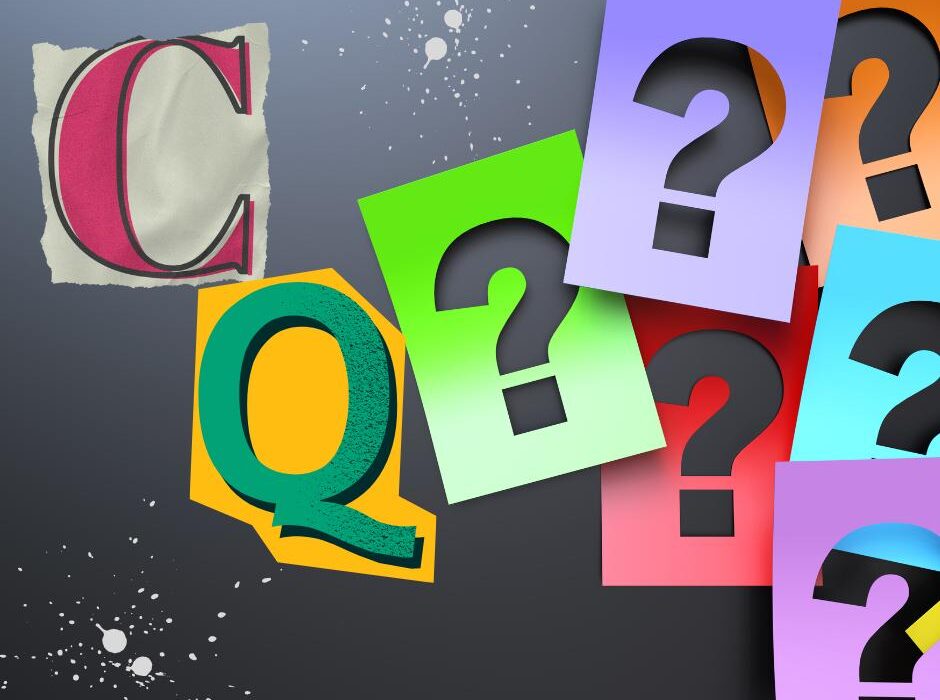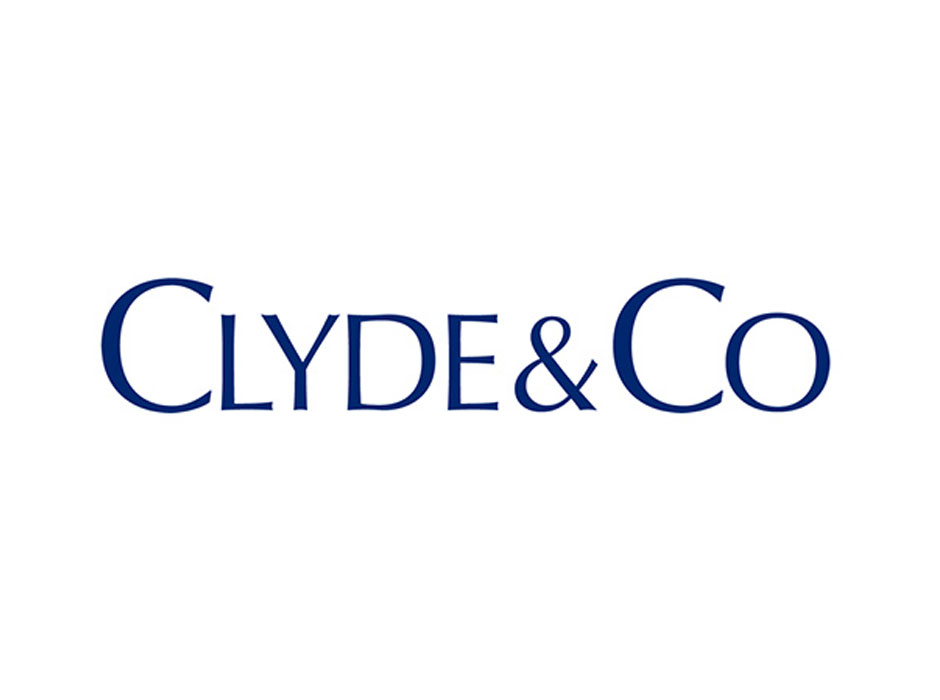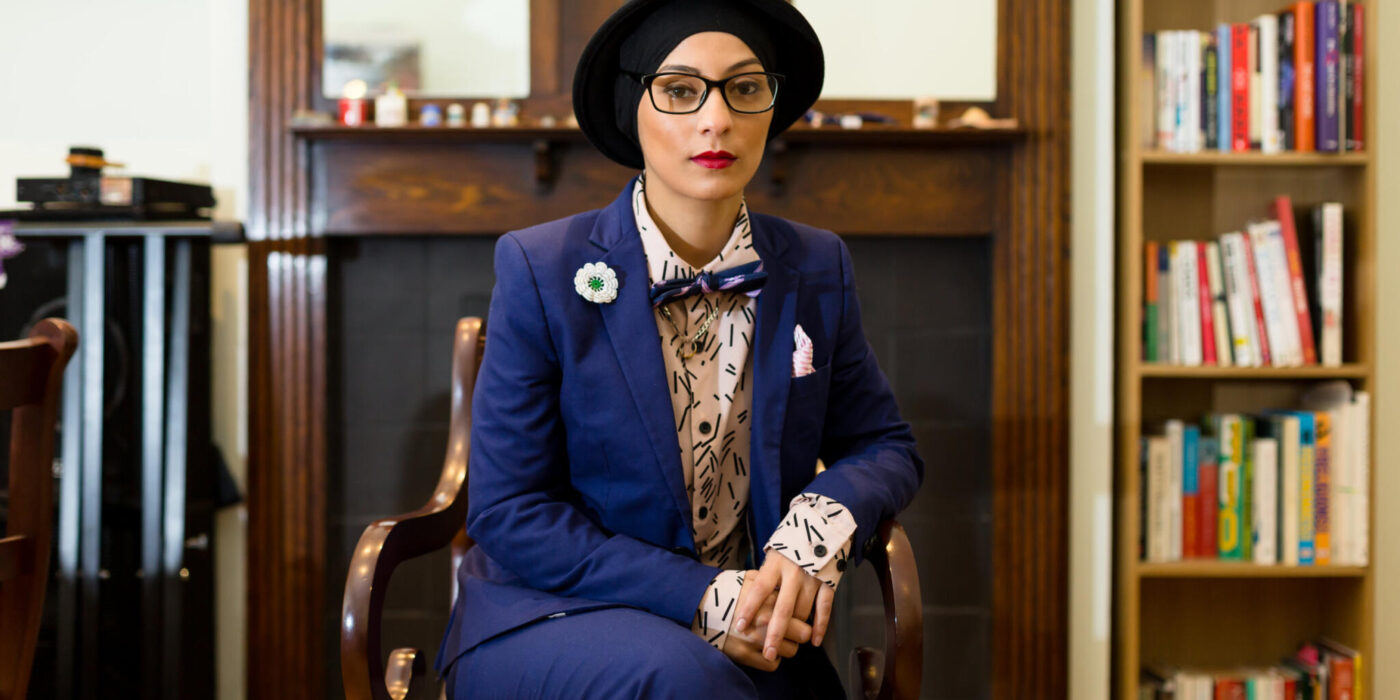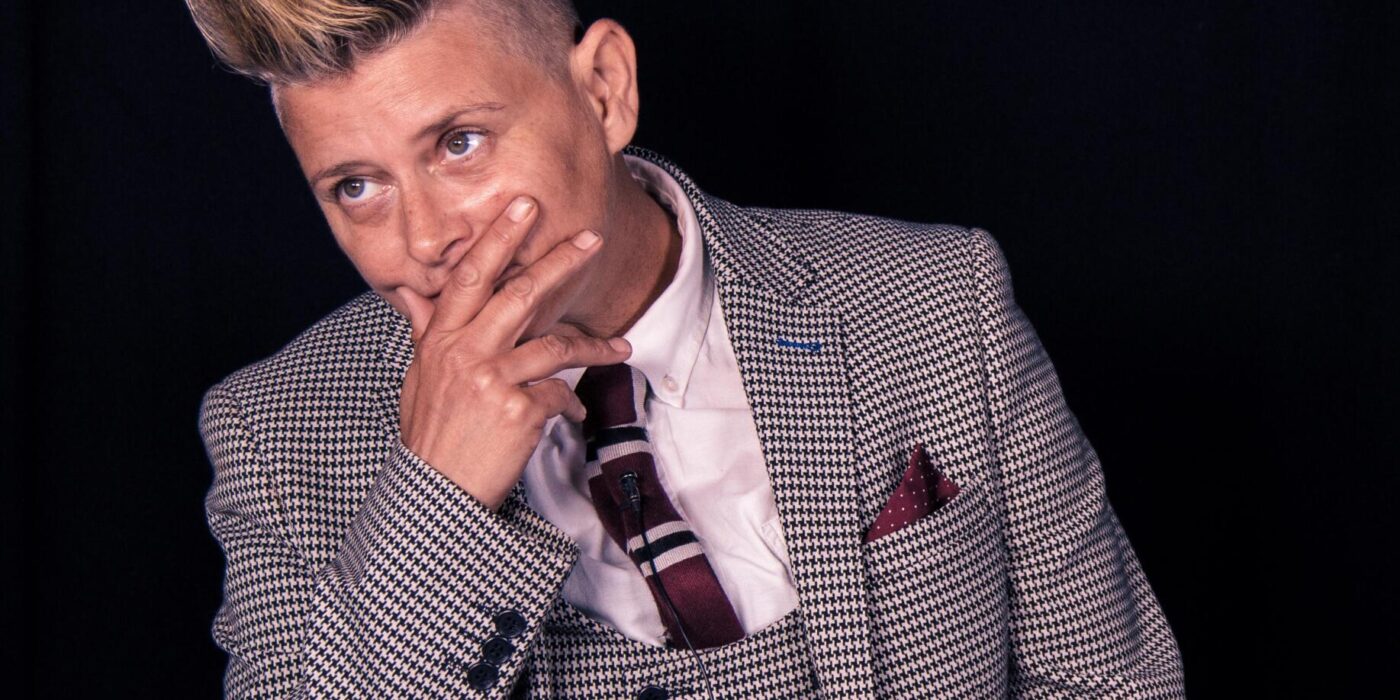Success at UnderOne Global Diversity and Inclusion Festival 2024
The inaugural UnderOne Global Diversity and Inclusion Festival on July 24-25 2024 held at the University of Northampton’s Waterside Campus was a remarkable event that brought together diverse voices from across the globe to advance the crucial work of diversity, equity, and inclusion (DEI). Founded by Lydiah Igweh, this festival was more than just a gathering; it was a powerful testament to what can be achieved when we unite under the shared goal of fostering a world where diversity is celebrated and inclusion is the norm.
Lydiah reflected on the profound sense of purpose that drove the creation of UnderOne. The festival was born from a vision to create a safe space where everyone feels valued, and its mission was clear: to unite diverse voices and ignite meaningful change through innovation, empathy, kindness, and collaboration. This vision came to life over two days filled with inspiring conversations, engaging sessions, and thought-provoking discussions.
The event was supported by headline sponsors Warner Bros. Discovery and diamond sponsor Clyde & Co, along with a host of supporting partners and passionate attendees. The success of this inaugural event has laid the groundwork for a movement that will continue to grow and inspire. The importance of this work cannot be overstated in today’s world, where embracing our differences is key to building a stronger, more cohesive society.
Alan Holmes, Head of Diversity and Inclusion at Clyde & Co, shared his thoughts on the event, stating,
“Clyde & Co. were delighted to sponsor the inaugural UnderOne Festival and Awards this year. Both the festival and awards were a fantastic opportunity to bring together thought leaders and build a united approach to develop more inclusive workplaces and communities. The festival’s energy was palpable and acts as a great springboard for professions in the diversity, equity and inclusion space to continue their great work with the deserved recognition.”
A Snapshot of UnderOne Festival 2024
The festival was packed with over 60 sessions, including keynotes, panels, forums, interactive workshops, wellness activities, and live poetry. It brought together a global community from Finland, Germany, Ireland, Spain, Japan, North America, the UK, and beyond, representing over 15 industry sectors. The event also proudly showcased 25 exhibitors led by underestimated founders, in collaboration with Diversity X VC, highlighting the importance of providing platforms for often-overlooked voices.
More than 350 attendees, both in person and online, engaged with the content, and 98% rated the conference as excellent or very good. Attendees left inspired, with over 95% finding the festival offered content that was useful in their work. With over 50 thought-provoking speakers representing diverse identities and lived experiences, the festival set a high bar for future DEI events.
Insights and Key Takeaways
One of the standout moments of the festival was the keynote delivered by Dr. Asif Sadiq MBE, Chief DEI Officer at Warner Bros. Discovery. Dr. Sadiq emphasised that DEI is not a one-time solution but a continuous journey requiring ongoing commitment and adaptability. He highlighted that change will be a constant in DEI work, and organisations must focus on their “why”—the core purpose driving their initiatives—while staying aligned with their North Star. By grounding efforts in a clear sense of purpose, leaders can embed DEI deeply into organisational culture, ensuring it guides decisions and actions. Dr. Sadiq stressed the importance of maintaining DEI momentum by integrating it with business strategy and remaining authentic.
Asif Sadiq, Chief Global Diversity, Equity & Inclusion Officer at Warner Bros. Discovery, remarked,
“As the headline sponsor of the 2024 UnderOne Festival, we at WBD are proud to support this inspirational platform that champions diversity, equity & inclusion through innovative ideas and connection. Together we are creating a more inclusive future for everyone.”
The festival also featured discussions on bridging DEI with emerging technologies, led by Gori Yahaya, Founder & CEO of Upskill Universe. This forum explored the intersectionality of DEI and tech, emphasising the need for ethical considerations in adopting AI and other innovations. The future outlook for AI in everyday life was discussed, showcasing its role in transforming job recruitment, education, and social media, with both significant benefits and challenges.
Another highlight was the ESG (Environmental, Social, and Governance) forum, led by Leonia Goromba, Global Early Careers & Inclusion Manager at Informa Connect. The discussion focused on aligning DEI with sustainability goals, stressing that corporate social responsibility (CSR) should extend beyond compliance to genuinely support social and environmental objectives. The forum highlighted the importance of aligning DEI efforts with an organisation’s core values and the need for strategic approaches to achieve long-term sustainability goals.
The festival also emphasised the importance of cultural integration in reshaping organisational culture. Key speakers underscored the role of DEI education and exposure in fostering inclusivity, particularly for homogeneous communities. The establishment of Employee Resource Groups (ERGs) for issues like menopause and mental health was highlighted as vital for promoting open discussions and driving cultural shifts within organisations. Regular diversity dialogue days were encouraged to help employees bring their authentic selves to work, though ongoing efforts are needed to sustain these initiatives.
Breaking Barriers and Championing Inclusivity
One of the most impactful sessions was the bilingual Fireside Chat titled “Breaking Barriers and Championing Inclusivity,” featuring María del Mar Galcerán Gadea, Spain’s first-ever parliamentarian with Down syndrome, and Francisco Gallego, Global Inclusion and Diversity Manager at Expedia Group (Spain). María shared her journey of resilience and advocacy, emphasising that disabled people are not limited by their disabilities but by the limitations placed on them by society. She spoke about how her brother helped her realise her potential by introducing her to his friends and expanding her network. A key takeaway from this discussion was María’s belief that “talent is everywhere, but opportunities are not.” She is deeply committed to creating more inclusive experiences for disabled people in Spain, working to ensure that society removes the barriers that limit their opportunities.
Amplifying Diverse Voices Through Poetry
The collaboration with Apples and Snakes aimed to amplify diverse voices and lived experiences through spoken word. By bringing together poets and industry leaders, the mission was to foster learning, inspire change, and create a more inclusive and human world through the power of creative expression. Lisa Mead, CEO of Apples and Snakes, reflected on the event, saying,
“UnderOne was an amazing event full of energy, warmth, and commitment fuelled by people determined to create a world that is more diverse and inclusive, and a bit more human! I personally loved seeing the reaction that the poets inspired and how through collaborating across industries, we can learn from each other and together make change happen.”
Looking Ahead
As the first UnderOne Global Diversity and Inclusion Festival concludes, the collective voice of our community emphasises the urgent need for action beyond words. Attendees highlighted the importance of implementing concrete DEI strategies with clear, measurable goals and accountability. Authenticity and kindness must underpin our efforts, fostering genuine inclusion and compassion. Strengthening community ties and supporting each other is crucial, as is prioritising well-being to sustain our long-term efforts. Together, we can transform insights into tangible actions, creating a world where diversity, equity, and inclusion are not just ideals, but realities.
A Call to Action
The journey towards a more inclusive world does not end here. We invite you to continue this important work by exploring our manifesto paper, where we delve deeper into the themes and takeaways from the festival. Let’s continue to work together, fostering a world where everyone can thrive, just as they are.
Thank you for being a part of this journey.
